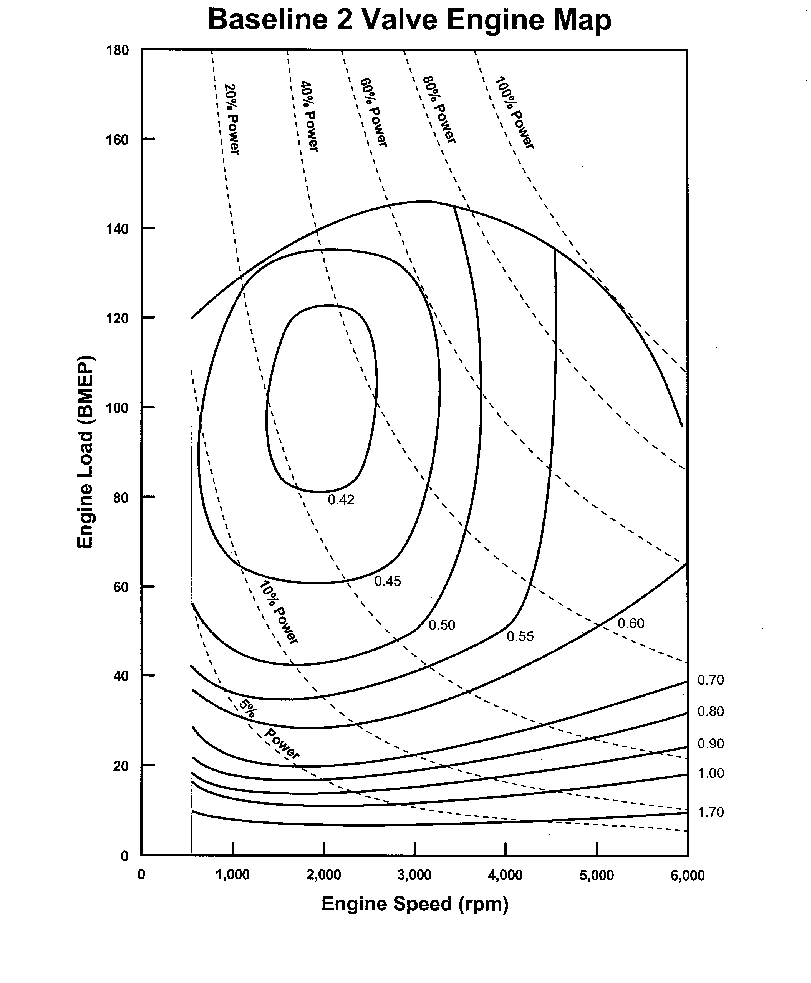
Originally Posted by
revetec

Maybe you should ask other people to read it for you, and explain it.
I have asked several other people. They have all come to the same interpretation as me. Of course this has little value on an internet forum, but honestly no-one I have talked to about the turbosteamer has made the same interpretation as you...
Have you asked anyone else about their interpretation? Has it always been the same as yours?

Originally Posted by
revetec
With your way of logic, it would have been impossible to achieve what I have.
I assume you are talking about your engine? I don't think your engine breaks the laws of thermodynamics or stretches the barriers of logic at all. Remember I don't believe in the magic 37% rule. Why would you say this???

Originally Posted by
revetec
Because with higher torque at lower RPM you produce higher power at that given RPM. This provides a lower RPM operational point. Lower RPM means less swept volume per minute, and saves fuel.
Agreed but why does one need to even mention torque? Higher power at low RPM = good <- not a difficult concept to understand.

Originally Posted by
revetec
You needed to know the torque before you calculate power. Hahaha.. A dynamometer takes torque and RPM measurements, then calculates power, not the other way around.
Most dynamometers work this way, however inertia dynamometers measure power directly. Most hydraulic dynamometers also measure power directly as well (measuring oil flow). Even so I agree that you can use torque and RPM to calculate power. I see no other use for torque values once you have used them to calculate power. I am not arguing the concept of torque, simply it's usage as a performance parameter.
I can see from your last post that you might have misunderstood my point about power vs. torque. I was not talking about engine tuning. I would just rather people talked about low RPM Power as opposed to low RPM Torque if talking about economy engines. Instead of getting excited that an engine makes 300lbs/ft of torque by 1500RPM I would rather they got excited about 86hp at 1500RPM. I hope you understand my point now.
I always cringe when people trip themselves up when comparing engines by saying something like "Yeah it is 50hp down but it should still give a better kick because it is 50lbs/ft up on engine X".
Peak torque values are completely irrelevant as they could be replaced by a power figure.
Another huge misconception that I dislike is the whole "Peak torque RPM is the most efficient place for any engine" It is very rare that peak torque is even fairly close to peak efficiency. Look at the picture in your post. Peak efficiency is roughly at 30% power at 2000RPM whereas peak torque is at 70% power at >3000RPM.
Last edited by hightower99; 08-08-2010 at 07:30 PM.
Power, whether measured as HP, PS, or KW is what accelerates cars and gets it up to top speed. Power also determines how far you take a wall when you hit it
Engine torque is an illusion.





 Reply With Quote
Reply With Quote



